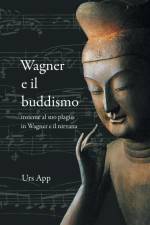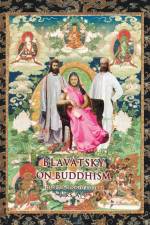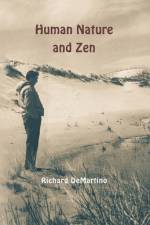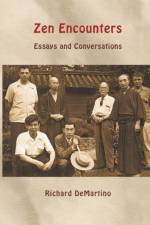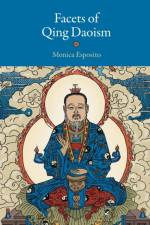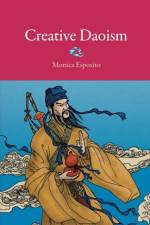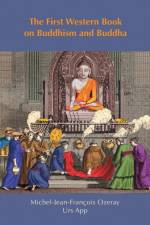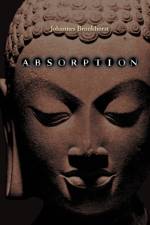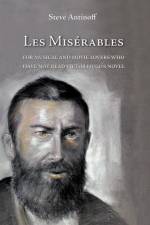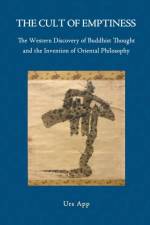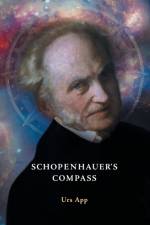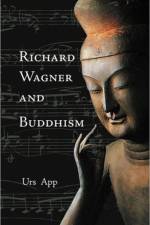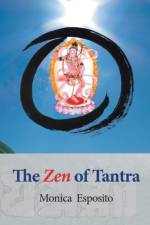von Richard Demartino
35,00 €
Buddha, in the first of his Four Noble Truths, states that "All is suffering." What does he mean by that? Is this starting point of Buddhism in any way connected with human nature? Is there such a nature at all? What sets us humans apart from other animals? And how is this difference related to religion?In this book, the fruit of a life-long quest, Richard DeMartino explains what makes us members of the species homo sapiens sapiens unique: we are conscious of being conscious. This reflective consciousness or self-consciousness forms the basis of our personhood, of our identity as an "I." Irrespective of sex, nationality, race, age, etc., being a self-aware "I" or "self" is what makes us human. But how is this related to the first Noble Truth? To be a self-aware subject-"I" implies facing objects-including myself-to which I am inextricably bound and yet from which I am alienated. Along with other religions and philosophies of Oriental origin (such as Advaita Vedanta), Zen Buddhism calls the human being's constitutive subject-object matrix "duality," and identifies this duality as man's root problem.This book focuses on the initial nature and the basic problem of the human person. The resolution to this problem-Non-duality or Awakening to the self-less Self-is a major theme of the companion volume Zen Encounters (ISBN 978-3-906000-22-0) containing Dr. DeMartino's seminal essays and conversations.Richard DeMartino (1922-2013), Zen practitioner and thinker, long-time student of D.T. Suzuki, Shin'ichi Hisamatsu, Paul Tillich, and Reinhold Niebuhr, and co-author (along with D.T. Suzuki and Erich Fromm) of the classic Zen Buddhism and Psychoanalysis, was senior associate professor of religion at Temple University, Philadelphia, PA.

